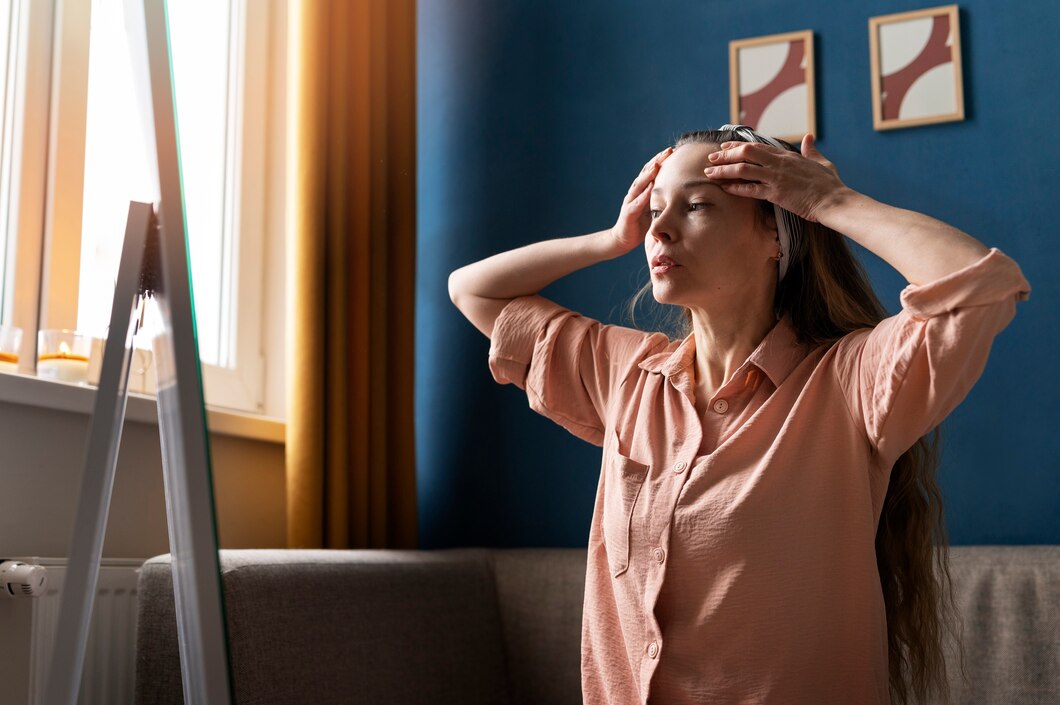Understanding Anxiety
Anxiety is a natural response to stress and can be beneficial in certain situations. However, for many, it can become overwhelming and impede daily functionality. Understanding the physiological and psychological aspects of anxiety is the first step towards managing it.
The Role of Mindfulness
Mindfulness involves being present in the moment, aware of your thoughts and feelings without judgment. Practicing mindfulness can significantly reduce anxiety. Techniques such as meditation, deep-breathing exercises, and yoga are proven methods to help center your mind and alleviate anxious thoughts.
Meditation
Meditation helps in calming the mind and reducing stress. Simple practices like finding a quiet space, closing your eyes, and focusing on your breathing can make a significant difference.
Deep-Breathing Exercises
Deep-breathing exercises help in lowering the heart rate and calming the nervous system. Techniques like the 4-7-8 breathing method (inhaling for 4 seconds, holding for 7 seconds, and exhaling for 8 seconds) are particularly effective.
Yoga
Yoga combines physical poses, breathing exercises, and meditation to promote holistic well-being. Regular yoga practice can reduce the symptoms of anxiety and improve overall mental health.
Lifestyle Changes for Reducing Anxiety
Regular Exercise
Physical activity releases endorphins, which are natural mood lifters. Activities such as jogging, swimming, and cycling can help in reducing anxiety levels.
Healthy Diet
A balanced diet can significantly affect your mental health. Incorporate foods rich in omega-3 fatty acids, antioxidants, and vitamins to boost brain function and reduce anxiety.
Adequate Sleep
Quality sleep is essential for mental health. Establishing a regular sleep routine and creating a conducive sleeping environment can improve sleep quality and reduce anxiety.
Therapeutic Techniques
Cognitive Behavioral Therapy (CBT)
CBT is a highly effective treatment for anxiety. It involves identifying and challenging negative thought patterns and behaviors, and developing healthier coping mechanisms.
Exposure Therapy
Exposure therapy involves gradually facing the situations that trigger anxiety in a controlled and safe manner. Over time, this can reduce the fear and avoidance behaviors associated with anxiety.
Medication
In some cases, medication may be necessary to manage anxiety. Selective serotonin reuptake inhibitors (SSRIs) and benzodiazepines are commonly prescribed for anxiety disorders. A healthcare provider can determine if medication is appropriate for you.
Conclusion
Anxiety is a common and manageable condition. By understanding its root causes and incorporating mindfulness, lifestyle changes, and therapeutic techniques, you can take control of your mental well-being. For more insights into managing mental health, check out our Improve Your Mental Health: Expert Tips and Importance of Mental Health Support Systems articles.




